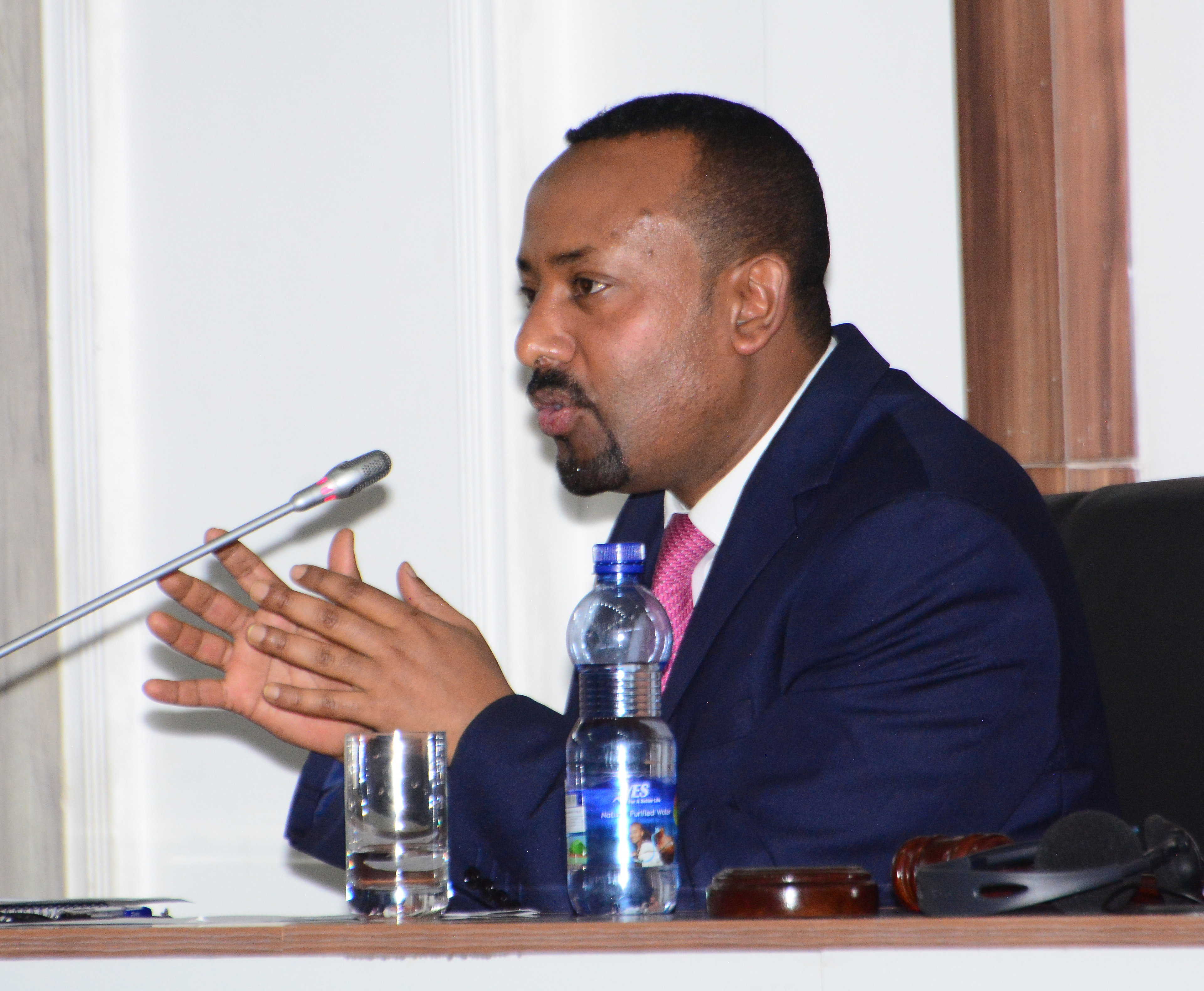
Briefing parliamentarians on current issues last Friday, Premier Dr Abiy Ahmd stressed that media are not playing role to the level expected from them. After highlighting the presence of journalists who are playing their constructive role in both private and public media, he said, but at organizational level as most of them are toddlers they are catering to the interest of those that set agendas for them. He stressed that media outlets should know they will be out of business if they busy themselves simply lampooning individuals or groups.
Goading us should also be media’s role when the government gets off track. On the other Hand, on its regular session, EPRDF’s Executive Committee had probed into the nation’s current issues and set a direction for the future. Among the issues touched by the press release of the EPRDF’s council office, Committee members had agreed that media outlets have begun freely exercising rights and serving as public’s eyes and ears. But they prove deficient in forging public’s unity and upgrading public perception pertaining to coming up with a better country.
The Press Release of the office stressed that the reform need to be forward looking than dwelling long about the past. So regarding this, media outlets are not working enough on public’s perception. The Ethiopian Herald had approached scholars to analyze, whether or not media outlets are working on public unity and striving for a better Ethiopia? And how the media can support in reinforcing unity within the public and creating a better country?
Amanuel Gebiru Associate Professor of Journalism and Communication in A.A.U said, changes for the better are being witnessed on the media after the reform. But it does not mean we have come up with enough public media, programs which uphold educational development, reading ability and other abilities.
There are absolute changes .This must not open room for complacence. Not only in developing countries, even in developed ones, media outlets are not free from acerbic remarks of the critic. We cannot say the change is earthshaking but better things are being witnessed in the media sector, he added. Media’ main task is criticizing and showing where problems lie, he noted. Concealing the truth is not useful for the country’s unity.
It is better to sensitize the public about the reality and finding a solution. Media should serve as a bridge of communication across the nation, to this effect, more tasks are called for. He said that, the media need to be nationally inclusive. The economy, governance and other lots of big issues should be addressed. But we are not talking about that, the media outlets have to look into themselves. As to him, when media turn discussion platforms and reconciliation forums for different groups, they can outreach the majority immediately.
When citizens see highers officials shaking hands on medias, the tension will decrease and it will become stable on the lower class. Medias should be building bridges. It is great power media have, but the media task needs responsibility and ethical behavior. They should be a good catalysts to come up with a stable and hopeful country, he concluded. Speaking on his part, Associate Professor of Journalism And Communication in A.A.U Teshager Shiferaw said in Ethiopia medias have different colors, there are state’s media, federal’s media, private and the like.
And now they are reflecting the political situation of the country. Medias are weak in tabling different ideas of deliberation and coming together to create collective ideas. Instead of this, they are expressing the political situation of the nation, he said. He added, they may not belong to political parties directly but they are seen promoting the perceptions of different political parties.
There are different political parties ,which need language-leaning federalism and there are parties which espouse citizenship politics and also there are other political parties which have different perception. But the public can decide for their own and the media’s role should be facilitating discussions, developing the public’s awareness, supporting or warranting peace and rule of law, he said.
“If the media respect professional ethics, the political job will be handled by political parties and by the public. Media should know their role, they need to be free from a positive bias towards a given political party. If they do so, they will properly serve the public,”he noted. He added, if medias balance reports and work on necessary things for the community, it will assure the nation’s development. Finally, the scholars agreed on a positive developments regarding changes in medias, but they strongly denounced partisanship and stressed on media ethics.
Herald FEBRUARY 3/2019
BY GENET FEKADE





